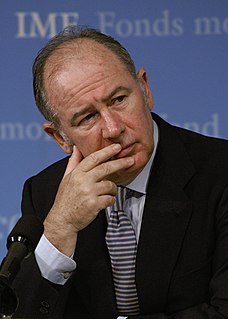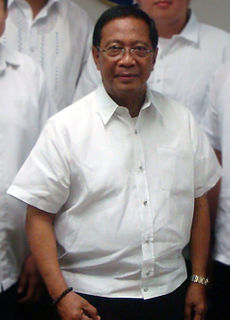A Quote by Robert Fisk
Fundamentalism is not bred in poverty. There are plenty of poor countries in the world that don't have violence because amid the poverty there is a kind of justice and in some countries a democracy.
Related Quotes
A considerable proportion of the developed world's prosperity rests on paying the lowest possible prices for the poor countries' primary products and on exporting high-cost capital and finished goods to those countries. Continuation of this kind of prosperity requires continuation of the relative gap between developed and underdeveloped countries - it means keeping poor people poor. Increasingly, the impoverished masses are understanding that the prosperity of the developed countries and of the privileged minorities in their own countries is founded on their poverty.
The great question for our time is, how to make sure that the continuing scientific revolution brings benefits to everybody rather than widening the gap between rich and poor. To lift up poor countries, and poor people in rich countries, from poverty, to give them a chance of a decent life, technology is not enough. Technology must be guided and driven by ethics if it is to do more than provide new toys for the rich.
The best way to perpetuate poverty is spending on arms, and poverty itself is a form of violence. The wealthy industrialized countries have been too slow to recognize this. I hope that in this new century and new millennium, the world will learn that if you want peace, you must prepare for peace, plan for peace, work for it, and comply with its dictates. Lasting peace will never be achieved with the instruments of war.
If the level and amount of consumption and waste of the western rich countries ever reaches the poor countries, it will mean the end of humanity. The big world corporations are busy doing it...The production, selling, consumption, accumulation, wastes' and advertisement explosions in the western rich countries and the continued population explosion in the poor countries will turn into major catastrophes.

































